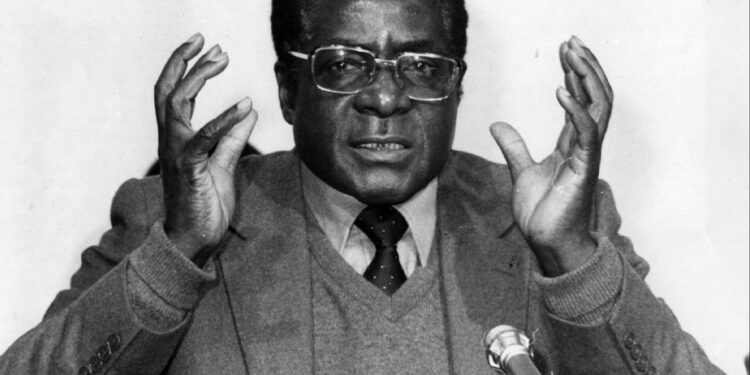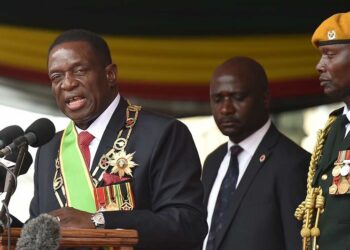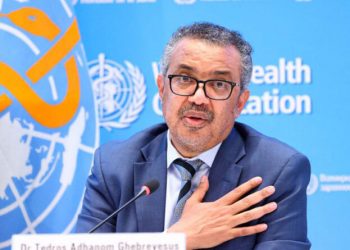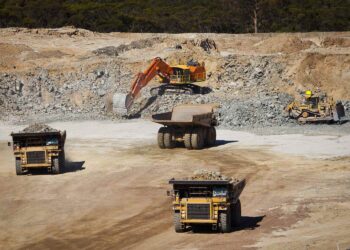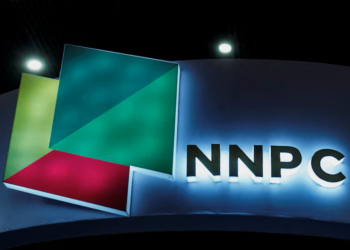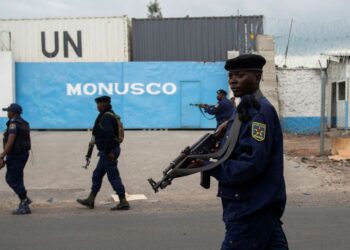Robert Gabriel Mugabe is a historical figure in Africa generally and in Zimbabwe particularly. Over his life of more than nine decades. He transitioned from an educated activist who fought against white minority rule to a legendary African leader who guided his country to independence and finally to a leader accused of autocracy, culminating in an economic crisis and a military coup.
Robert Mugabe was born in 1924 in Kutama, Southern Rhodesia. He was raised within a Catholic missionary system and received a high-quality education at a time when higher education was rare for Black Africans. Mugabe was a voracious learner, pursuing seven degrees (some by correspondence while imprisoned), including degrees in literature, law, and economics from universities in South Africa and London.
This extensive education shaped his intellectual convictions, leading him to embrace Marxist and Pan-Africanist principles in his youth. He worked as a teacher in Rhodesia and later in post-independence Ghana, where he encountered early Pan-African nationalists and gained firsthand experience in nation-building, further solidifying his resolve to resist colonial rule in his country.
Upon his return to Rhodesia in the early 1960s, Mugabe became fully involved in the liberation movement. He joined the Zimbabwe African People’s Union (ZAPU) and then became one of the founders of the Zimbabwe African National Union (ZANU) in 1963, following a split among the main leaders of the nationalist movement, often along ethnic and personal lines.
Due to his radical political activism, Mugabe was arrested in 1964 by Ian Smith’s apartheid regime and spent nearly ten years in prison, during which he was not even allowed to attend the funeral of his only son. This period was crucial in shaping him as an intellectual leader, as he used his time in prison to study, unify the ideas of his fellow inmates, and plan a liberation strategy.
After his release in 1974, Mugabe fled to Mozambique to lead the military wing of his party, the Zimbabwe African National Liberation Army (ZANLA), in the Second Chimurenga War, a long and brutal guerrilla war against the white regime. During this period, he demonstrated pragmatic leadership skills and an ability to manage a complex armed conflict.
The Lancaster House negotiations of 1979 ended minority rule and led to the formation of an independent Zimbabwe. Mugabe and his ZANU party won a landslide victory in the 1980 elections, and Mugabe became the country’s first prime minister.
The early years of Mugabe’s rule were marked by an unexpected policy of national reconciliation. He offered amnesty to white officials of the old regime and retained many white officers in their positions in the army and civil service, which helped stabilize the country in the post-conflict period.
In his first term, Mugabe achieved notable successes in vital social areas, such as access to education, which was greatly expanded, and literacy rates rose to among the highest in Africa. A widespread primary healthcare network was established, leading to a rapid improvement in public health indicators. The economy experienced moderate growth thanks to initial stability and continued agricultural production.
However, between 1983 and 1987, the elite military forces (the Fifth Brigade) launched a brutal crackdown against civilians in Matabeleland, the homeland of the Ndebele ethnic group and his traditional political rival, Joshua Nkomo (leader of the ZAPU party). These events became known as Gukurahundi, which in Shona means “early rain that washes away the rubbish.” This campaign resulted in the deaths of thousands of civilians.
In 1987, the constitution was amended to abolish the office of prime minister and create the powerful post of executive president, which Mugabe filled. In 1990, his party, ZANU-PF, adopted the idea of transitioning to a one-party system, although this goal was never fully realized due to the emergence of organized opposition.
During the 1990s, economic reforms began to lose momentum, and corruption and cronyism within the ruling party increased. Infrastructure and public services also deteriorated. The land issue was the lifeblood of the struggle in Zimbabwe, where, two decades after independence, the majority of fertile land remained under the control of a small minority of white farmers. And, while the motivation for land redistribution was historically just, its implementation was largely driven by immediate political needs. In 2000, he suffered a surprise defeat in a constitutional referendum that faced strong opposition from the newly formed Movement for Democratic Change (MDC). Yet, he gained popular support through the land reform.
This land purge led to a collapse in agricultural production, as the new beneficiaries lacked the necessary farming expertise, equipment, and capital. The agricultural collapse led to a severe food shortage and a halt in hard currency, and the international community imposed sanctions on Zimbabwe, pushing the country into a hyperinflation crisis unprecedented globally.
Despite election rigging and intimidation of the opposition, the Movement for Democratic Change (MDC) won a parliamentary majority in 2008, and its leader, Morgan Tsvangirai, won the first round of the presidential election. Political violence forced Mugabe into a fragile national unity government.
As he entered his nineties, Zimbabwean politics devolved into a power struggle over his successor. His party, ZANU-PF, split into two main factions vying for power: one led by his wife, Grace Mugabe, and the other by his deputy, Emmerson Mnangagwa.
In November 2017, Mugabe attempted to dismiss Mnangagwa to pave the way for his wife to assume power. This move angered the military, which intervened and carried out a “non-violent operation” (as the army described it) to remove Mugabe from office. On November 21, 2017, after losing the support of his party, Robert Mugabe resigned under military and political pressure, ending his 37-year rule.
Mugabe died at the age of 95 in Singapore in September 2019. His legacy seems to be a complex and contradictory one of a national hero who led the country to independence after a grueling struggle against colonialism and apartheid and an autocrat who prolonged his rule by eliminating his opponents.















































